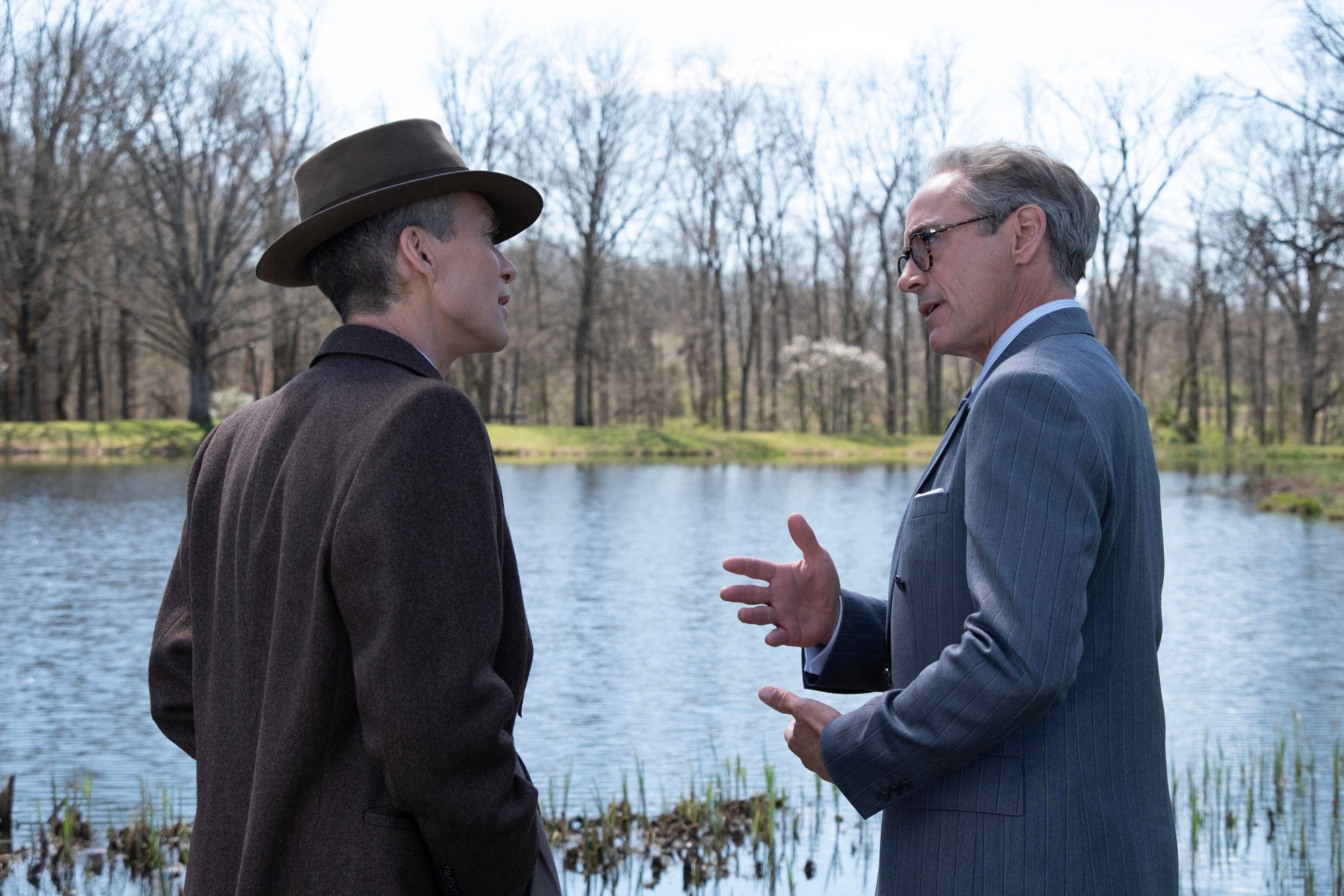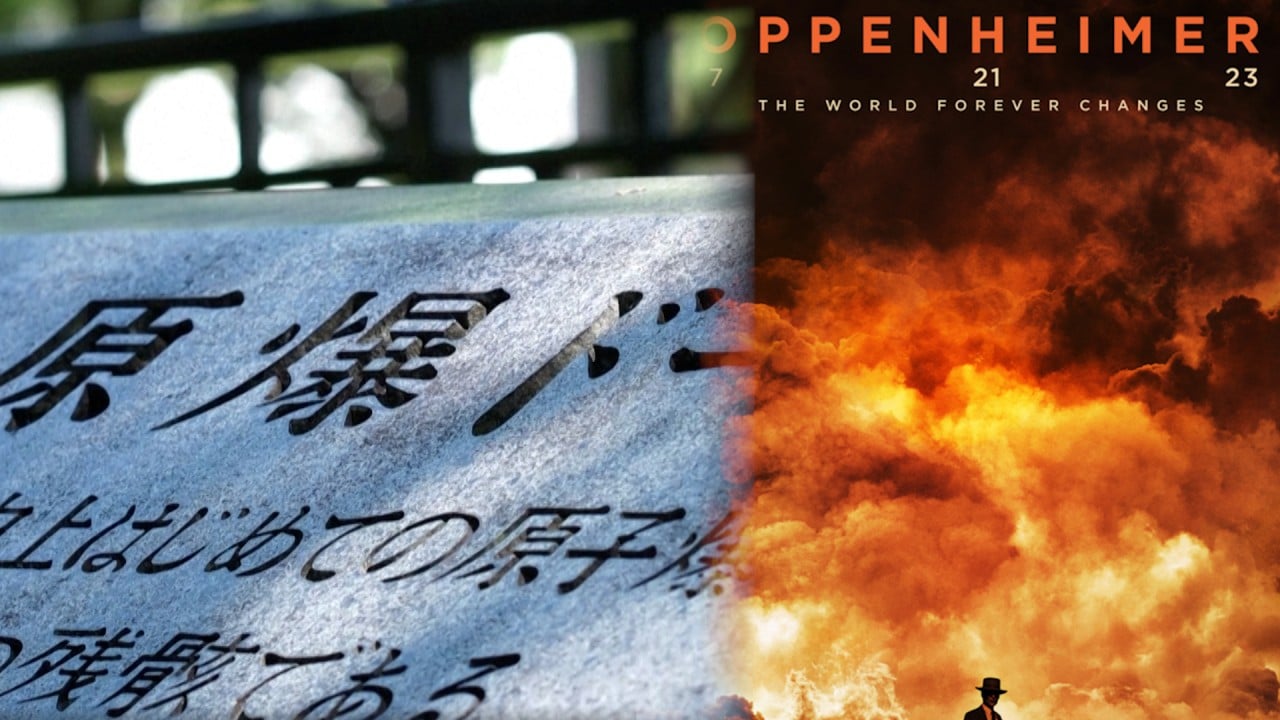Oppenheimer set for lukewarm reception in Japan after ‘Barbieheimer’ backlash
[ad_1]
The film received wide release in July 2023 but, given its controversial nature in Japan, no release date for the country was initially set.
‘Barbenheimer’ is big on social media – and Japan isn’t happy about it
‘Barbenheimer’ is big on social media – and Japan isn’t happy about it
In a statement announcing the coming release, local distribution company Bitter Ends said, “We decided to release this film in Japan after much debate and deliberation, as the themes covered in this film are ones that hold a very significant and special meaning for us as Japanese people.”
The anger over the earlier promotional faux pas may have faded, but the film is still expected to get a lukewarm welcome.
“As a fan of [director] Chris Nolan’s work, I am honestly happy that the film will be released in Japan,” said a commenter in response to an analysis of Oppenheimer by film critic and author Hiroki Higashi in the Bungei Shunju magazine.
But others expressed anger at the release of the title.
“To the Japanese, Oppenheimer is nothing more than a devil. It is foolish to release a movie like this in Japan,” a user said. “Don’t let young people think of him as an American hero who ended World War II and saved Japan! He simply targeted Japan and conducted human experiments in Hiroshima and Nagasaki because he wanted to know the power of nuclear weapons.”
Wrote another: “The term ‘anti-war/anti-nuclear movie’ makes me laugh. Depicting the story from the perspective of the perpetrator country itself is bellicose and glorifies the atomic bomb.”
Asia envisages a nuclear-powered future to contend with climate emergency
Asia envisages a nuclear-powered future to contend with climate emergency
Conservatives, however, are united in their concerns for just how the movie will depict the attacks.
“The important thing that the film needs to include is that the bombs were used against two Japanese cities made up of civilians, not military targets, and that makes the bombings the greatest war crime of all of World War II,” he told This Week in Asia.

Ken Kato, a politically conservative businessman from Tokyo, is equally adamant that the bombings were war crimes that still horrify the Japanese people to this day.
“I think Japanese audiences would be very uncomfortable watching this film and that is why I do not expect it to be popular,” he said.
“These were war crimes, tens of thousands of civilians lost their lives, and I do not believe many Japanese will want to go and see that in a cinema.”
Kato said, however, that it was “absolutely right” that the film be screened in Japan, as the director’s freedom of expression must be respected.
Oppenheimer tops Oscar nominees, with Barbie, Poor Things also going for gold
Oppenheimer tops Oscar nominees, with Barbie, Poor Things also going for gold
“But if the film in any way glorifies the atomic bombs, then I think very few people will go to see it – especially the people of Hiroshima and Nagasaki.”
Kato, who said he did not intend to see the film, added that he anticipated protests at some cinemas that would show the film.
Moteki admitted he was undecided about watching the film. As a historian, he said he was keen to learn more about the important events that had affected Japan through the centuries, but added, “If they do not tell the real story of Hiroshima and Nagasaki, I do not think I will be able to control my anger. I will go, I think, but I also expect I will have to walk out at some point.”
[ad_2]
Source link


